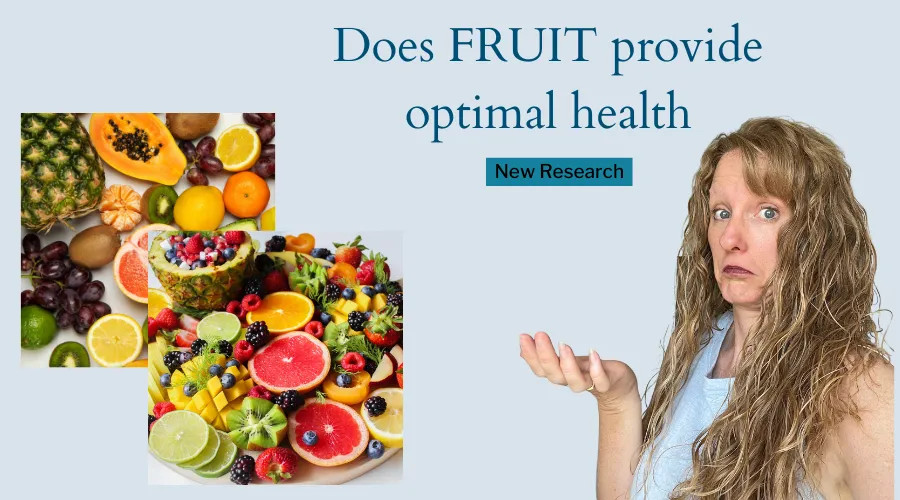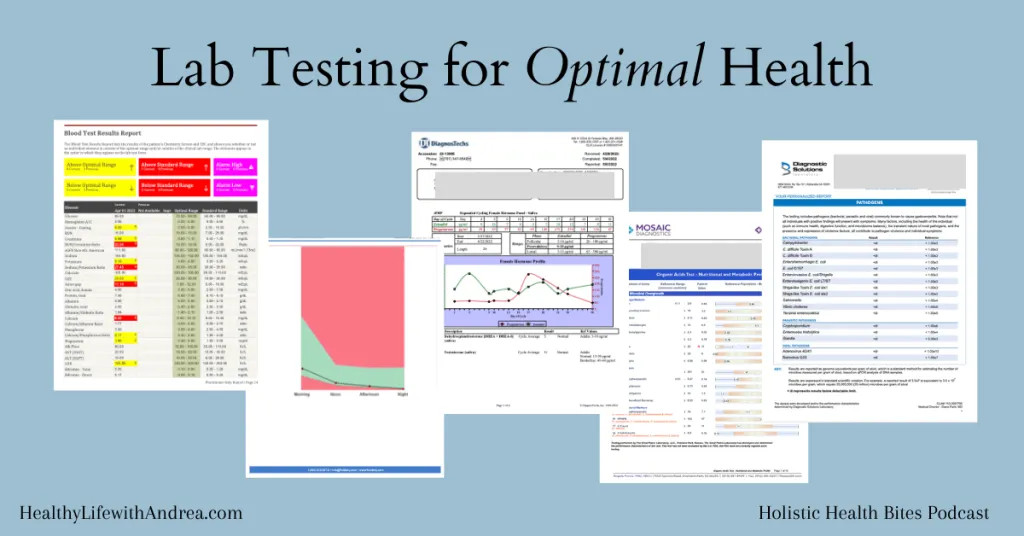
This video will address specific conditions such as IBS, IBD, weight loss resistance, SIBO, celiac disease, insulin resistance, autoimmune thyroiditis, depression and mood disorders and their relation to the microbiome. What does the research say about probiotics, prebiotics, and fiber intake for these conditions?
When You Should Not Take Prebiotics and Probiotics
In today’s video we’re talking about some of the most common conditions affecting millions in the US – like irritable bowel syndrome, ulcerative colitis, Crohn’s disease, SIBO, celiac disease, insulin resistance, depression and other mood disorders. Now this may sound like a really wide and varied list – but research has shown a lot of commonality amongst these conditions. And it all has to do with your microbiome. Specifically – overgrowth of bacteria.
IBS, IBD, and SIBO
Research has shown these conditions can get worse with a diet rich in fiber and prebiotics and may be worsened by intake of probiotics as well. Why would this be? Fiber and prebiotics feed bacteria. If you already have an overgrowth of bacteria, feeding them only makes them stronger! Taking probiotics adds more bacteria to the mix. So in the early stages of healing these conditions, we want to reduce the overall bacterial population. Then we’ll work to reinstate a healthy microbiome.
Celiac Disease
Celiac disease is an autoimmune condition related to gluten which is found in wheat, barley, rye, and triticale. Gluten sensitivities are common, but often removing gluten doesn’t resolve all the symptoms. If that’s you – you may also have a gut infection, SIBO, or other inflammation, causing these symptoms. Celiac disease is often accompanied by reduced nutrient absorption. This leaves those nutrients in the gut to feed the bacteria! This contributes to overgrowth. Another common finding in those with celiac disease is impaired gut motility. This means the food you take in stays in the intestines longer than it should, again providing more access to this food for the bacteria.
Autoimmune thyroiditis
Emerging research has shown reducing bacterial overgrowth through a low-carb and lower fiber diet can help reduce inflammation and thyroid antibody levels. This can improve the autoimmune condition! Many people with autoimmune hypothyroid also have too many bacteria in their small intestines. Taking steps to reduce the overgrowth and rebalance the population can improve both symptoms of overgrowth and hypothyroid!
Weight loss resistance and insulin resistance
Gut imbalances can cause a WIDE range of problems in the body – affecting how we digest and assimilate nutrients. People with SIBO, for instance, often struggle to lose weight, have blood sugar imbalances, and higher cholesterol – all markers of metabolic syndrome. Healing the gut can mean improved blood sugar management, improved lipid markers, and easier weight loss. Some studies have shown that 88% of the population have some level of metabolic syndrome. There are 5 main markers: increased waist circumference, high triglycerides, high fasting blood sugars, high blood pressure, and low HDL (“good”) cholesterol.
Depression, anxiety, and other mood disorders
Many of our neurotransmitters are made in the gut. Therefore, if you have an overgrowth of bacteria, or you have the wrong kinds of bacteria – you don’t make or manage these very well! Research over the last decade or so has shown a tremendous connection between mental health and gut health. Often, depression, anxiety, and mood instability are related to bacterial overgrowth.
Bottom line
Whether you’ve been diagnosed with a condition like we’ve discussed here today or not – if you struggle with chronic diarrhea, constipation, bloating, headaches, mood swings, energy crashes, fatigue, or skin issues – think gut health! The foods we eat are more than just energy for ourselves, it’s also energy for our microbiome. We NEED a healthy microbial population for proper immune function, nutrient absorption, hormone synthesis, neurotransmitter function, and detoxification. Ensuring we have the proper balance of bacteria throughout our system is vital to optimal metabolic health. Today we covered when you might NOT want a high fiber diet and when taking prebiotics and probiotics might make things worse.
If you want to learn more about probiotics – when to take them, how to choose the best products, and the different types of probiotics – check out my blog All about Probiotics.




















0 Comments